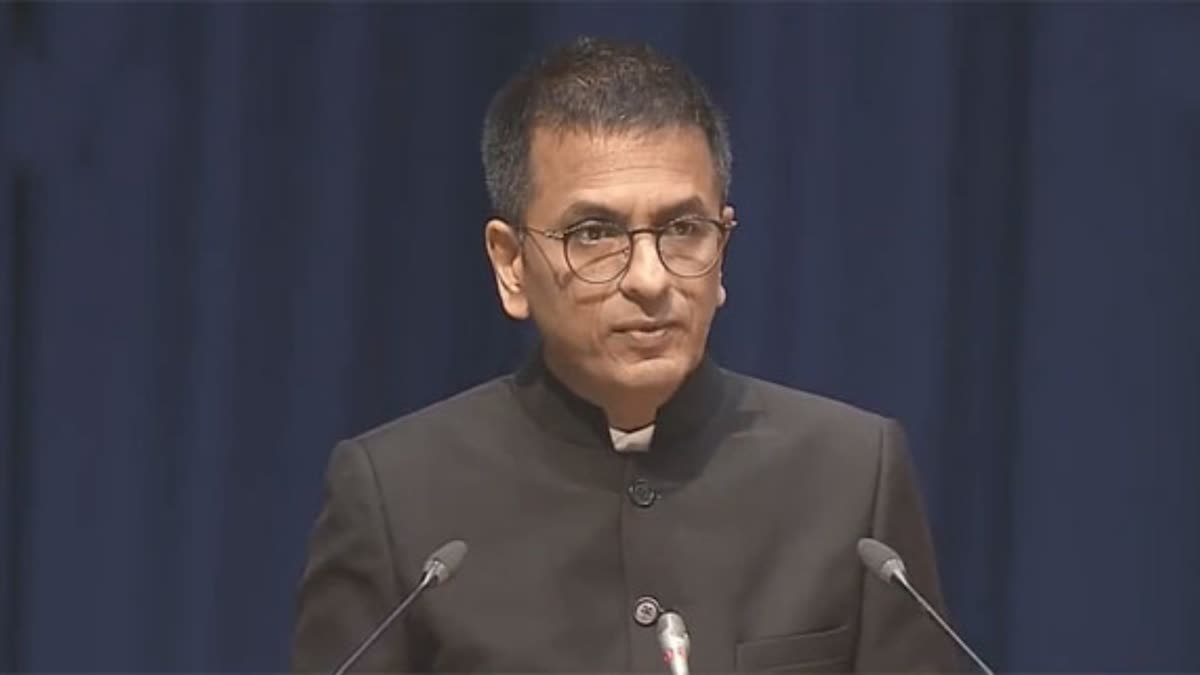New Delhi :The Chief Justice of India (CJI) D Y Chandrachud on Saturday said for democracy to truly flourish, every citizen must feel connected to the institutions of the nation and though, the burden of bearing this responsibility is often placed on the executive and legislature, but he firmly believes that the judiciary must play an equally vital role.
Speaking at a national conference on the Landscape of Technology in Courts in India and the Way Forward at the Chandigarh Judicial Academy, the CJI said the use of technology is intrinsically linked to the values of transparency, democracy, and equitable access to justice, which lie at the cornerstone of our republic.
“For democracy to truly flourish, every citizen must feel connected to the institutions of our nation. While the burden of bearing this responsibility is often placed on the executive and legislature, I firmly believe the judiciary must play an equally vital role”, said the CJI.
He said that many may not realise that technology being a tool to access justice is not just a modern convenience or a trendy topic – it is deeply intertwined with the very foundations of our republic. “Not only does the use of technology make our courts more accountable and responsive, but it also brings people closer to the courtroom," he said.
The CJI said the transition to artificial intelligence will mirror the earlier embrace of technology by lawyers and it will augment efficiency, without impacting the foundational skills of our profession.
He said several routine tasks such as case law research, filing of pleadings, reviewing contracts, and conducting due diligence can deeply benefit from artificial intelligence and automation. In fact, relegating such tasks to artificial intelligence leaves lawyers with more time and bandwidth, he added.
He said the advancements have freed younger lawyers from hours of mundane tasks, allowing them to focus on honing essential skills like rigorous legal analysis, persuasive writing, and thoughtful problem-solving – the very foundations of our profession!
